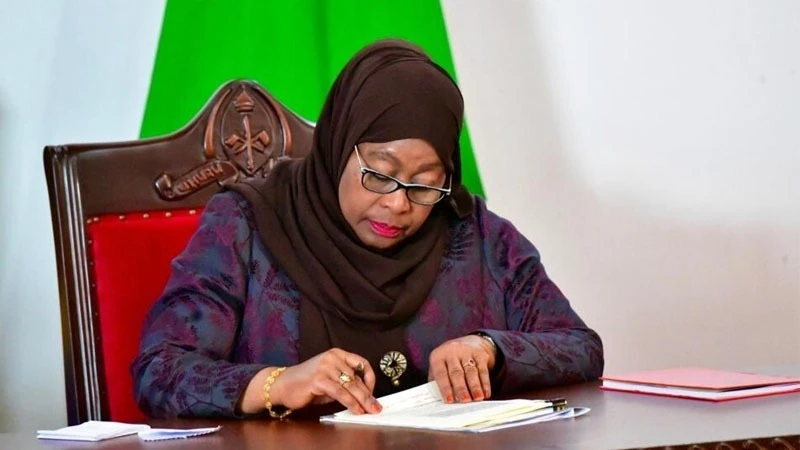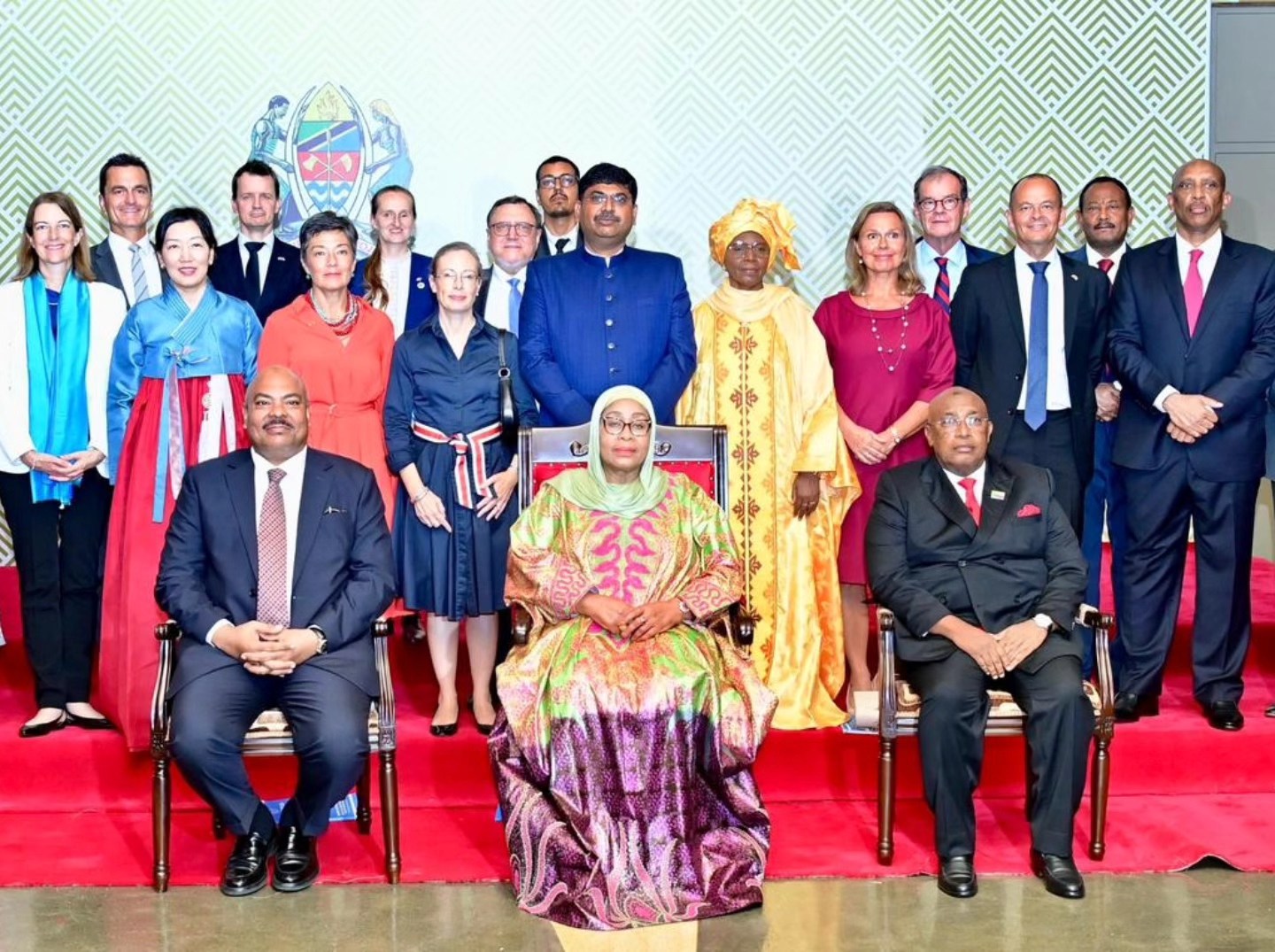Minister, AfDB praise low inflation, higher real GDP

Tanzania’s real GDP growth is projected at 6 percent in 2025 from 5.7 percent in 2024, Finance Minister Dr Mwigulu Nchemba has asserted.
Launching the Tanzania Economic Performance Review Report for 2024 prepared by the African Development Bank (AfDB), he cited observations in the report that inflation is projected to decline to 3.3 percent this year, inching up to 3.4 percent next year.
He said the key drivers of price stability are mainly stable food and energy prices, highlighting the report’s theme as focused on driving Tanzania’s transformation, within efforts to reform the global financial architecture.
He said growth was being driven by agriculture, manufacturing, and tourism, supported by public investments and reforms to improve the business environment, affirmed by the report.
The minister is leading Tanzania's delegation to the African caucus meetings of the World Bank and the International Monetary Fund (IMF), where he unveiled the report which indicates that Tanzania has made significant economic and social progress in recent years.
It is a leader among East African countries within the context of global challenges including recovering from the impacts of COVID-19, climate change, and ongoing conflicts around the world.
He was confident that the country would be strengthening its economy through the third five-year development plan aiming at a strong, inclusive, and competitive economy, with emphasis on agriculture, industry, crop value addition, investment flows, and external trade, creating jobs particularly for the youth.
Reiterating circulated demand, he urged international financial institutions, including the AfDB to generate favorable conditions for access to concessional financing to enable African countries to sustainably implement major development plans.
He emphasized challenges hindering the development of African countries including Tanzania as the impact of climate change, projecting that Tanzania needs $6.3bn annually to address these issues, including mitigating climate change effects.
He said Tanzania had successfully controlled inflation, maintaining it below 3.3 percent due to the sound economic policies of the current authorities, taking satisfaction that the report identifies sectors contributing to sharp growth as including finance, services, agriculture, an improved investment environment, trade, and mining.
The AfDB report suggests that the country has scope for maintaining stability in its monetary and economic policies, investing more in agriculture and energy, while further improving the investment environment and addressing the impacts of climate change.
The fiscal deficit, financed by domestic and external borrowing, is expected to decline to 2.5 percent of GDP in 2023/24 and stabilize at that level in 2024/25, supported by improvements in revenue performance, the report noted.
It said that the current account deficit, financed by external borrowing, is projected at 4.0 percent of GDP in 2024 and 4.2 percent in 2025, supported by higher merchandise exports and tourism receipts.
The major downside risks to the outlook include spillover from geopolitical tensions and regional conflicts, sluggish global growth, the narrow tax base, and climate shocks, it said, while a background note online says that the fiscal deficit declined slightly from 3.6 percent of GDP in 2021/22 to 3.5 percent in 2022/23, responding to expenditure controls, and was financed by external and domestic borrowing.
Top Headlines
© 2025 IPPMEDIA.COM. ALL RIGHTS RESERVED






















